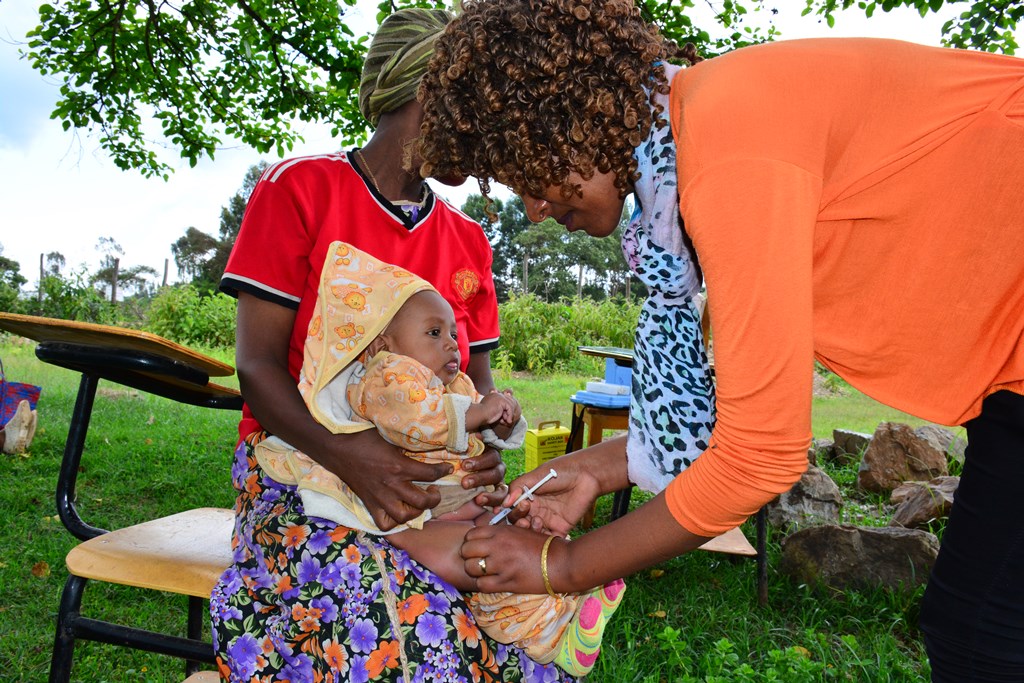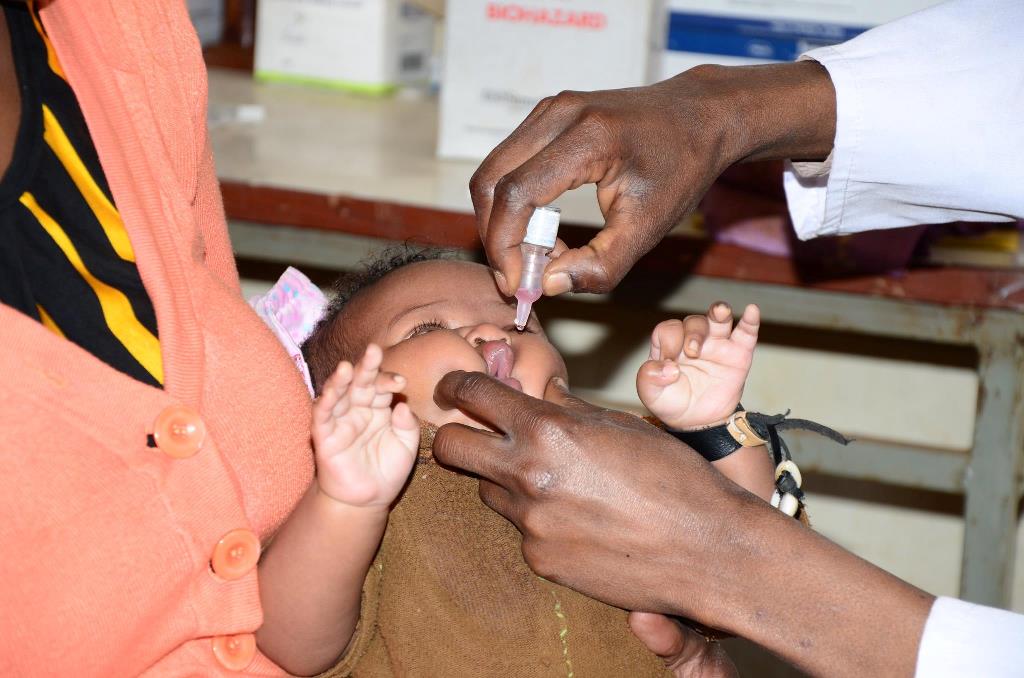Health Technical Program
World Vision (WV) is one of the key health players in Ethiopia with programs contributing to the wellbeing of more than 3.5 million vulnerable children. WV implements Maternal, Newborn & Child Health, with the Ministry of Health and other key stakeholders focusing on demand creation, and improving quality health services. Maternal, Newborn & Child Health and Nutrition issues can be attributed primarily to preventable causes that relate to poor maternal and child practices; inadequate utilization of simple cost-effective and high impact interventions, poor quality of health services and limited skills of health care providers.
WHAT IS HAPPENING
- Only 3 in 10 (32%) of women had less than or equal to 4 ANC visits for their most recent live births (EDHS, 2016)
- Nearly ¾ mothers were not assisted by skilled service providers for delivery. (EDHS, 2016)
- Only 16.5 % of women in Ethiopia received postnatal care within two days after delivery. (EDHS, 2016)
Our Goal:
Contribute to accelerated reduction of maternal and newborn morbidity and mortality.
Strategic Focus Areas:
Maternal, Newborn & Child Health (MNCH)
Maternal, Newborn & Child Health (MNCH)
Improved service uptake
* Improved community MNCH practices and care seeking behaviours
* Support early detection of pregnancy and birth
* Increasing utilization of family planning services
Support to quality of services
* Strengthened supervision and monitoring
* Uninterrupted supply of essential MNCH drugs and life saving
commodities
Reduced disease burden and disability
* Prevention of Mother to Child Transmission (PMTCT)
* Malaria Prevention
* Identification, management and rehabilitation of fistula and uterine prolapse.
- Social and Behavioural Change Communication (SBCC) & Community Skill Building.
- Health Systems Strengthening.
- Linking Programs with other Sectors.
- Develop Innovative Programs
Making a Difference:
Over the last ten years, World Vision Ethiopia (WVE) enhanced health service coverage
and utilization in rural Ethiopia:
• Constructed and equipped (1 Hospitals, 55 health centers, 257 health posts,131 additional maternity blocks);
• Renovated 11 health facilities;
• Provided basic emergency obstetrics equipment and supplies and essential drugs for 760 health facilities;
• Trained 9,451 health professionals on maternal, newborn, child health & nutrition issues;
• De-worming and micronutrient, supplementation were made for more than 278,475 mothers and children under five;
• Distributed Insecticide-Treated Net for malaria control for more than 3,000,000 mothers and children.
As a result:
* WVE impacted the lives of 4,555,800 mothers and under-five children directly and 13,306,000
community members indirectly.

